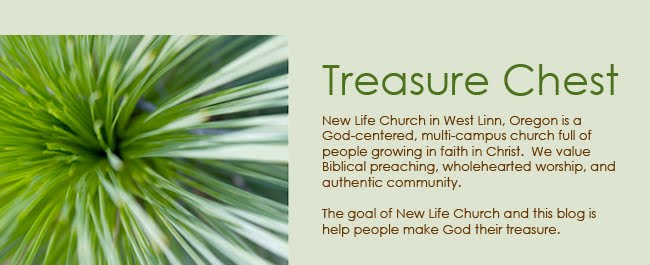Eugene Peterson, Christ Plays in Ten Thousand Places
Getting saved is easy; becoming a community is difficult – damnably difficult (250).
We are a community. We are not ourselves by ourselves. We are born into communities, we live in communities, we die in communities. Human beings are not solitary, self-sufficient creatures. As we realize both the necessity and the nature of our lives in community, we also become aware of the difficulty, the complexity, and as Christians who are following Jesus, the seductions all around us to find an easier way, a modified community , a reduced community customized to my preferences, a “gated community.”
Sectarianism involves deliberately and willfully leaving the large community, the “great congregation” that is features so often in the Psalms, the whole company of heaven and earth, and embarking on a path of special interest with some others, whether few or many, who share similar tastes and concerns.
Sectarianism is to the community what heresy is to theology, a willful removal of a part from the whole. The part is, of course, good – a work of God. But apart from the whole it is out of context and therefore diminished, disengaged from what is needs from the whole and from what what’s left of the whole needs from it (239-40).
A. Orendorff
The most accurate measure of how authentically we are “doing” Christian community is simple: How many of the people close to you don’t you like? Such an assessment may sound harsh, and is of course easily misinterpreted, but what it means is this: Look at the people to whom you devote your time and relational energy. Who are they? Are they easy people, clean people, respectable, stable and necessary people? Are they efficient and productive people, people who make you feel better about who you are? The degree to which we devote ourselves to people who (from all worldly estimations) add nothing to us is the degree to which we have internalized much of the gospel. Grace in relationships – the essence of a gospel-shaped community – takes concrete shape only as we begin to say yes to relationships that can offer us nothing of economic, relational, and promotional value. The degree to which the people we invite obtrusively into our lives are people who we (in our more selfish and fleshly moments) could easily and happily do without is the degree to which we are doing more than “sinners do” (Luke 6:32-36). And we do this, not from a high horse of superiority, but from the rock-bottom reality that is what Christ has done for us.
Luke 6:32-36
If you love those who love you, what benefit is that to you? For even sinners love those who love them. And if you do good to those who do good to you, what benefit is that to you? For even sinners do the same. And if you lend to those from whom you expect to receive, what credit is that to you? Even sinners lend to sinners, to get back the same amount. But love your enemies, and do good, and lend, expecting nothing in return, and your reward will be great, and you will be sons of the Most High, for he is kind to the ungrateful and the evil. Be merciful, even as your Father is merciful.

No comments:
Post a Comment